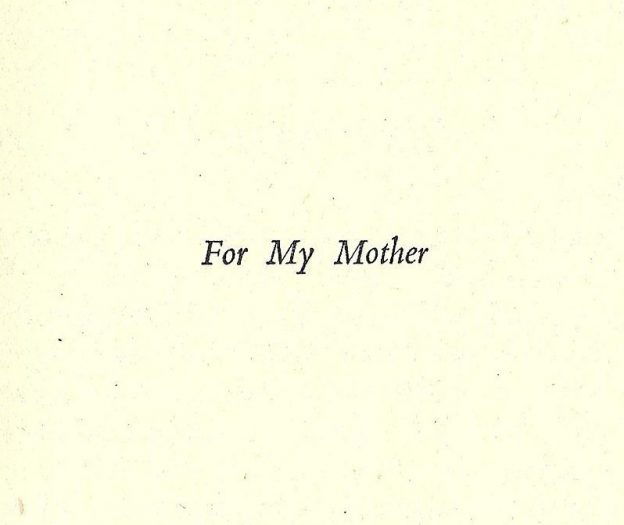Into the Eurozone & Onboard the Eurorail: Travel Stories from Beyond the Borders of Brexit
Deadline November 2nd, 2020
Brexit is locking down the British border for Brits and Europeans alike. Quarantine makes us nostalgic for last year’s trip with friends. Airline emissions now justify sightseeing by rail instead of leaping from continent to continent. Europe is changing. Air is out; rail, electric vehicles, and car-sharing are in. Borders that were razor-wire fences just a few decades ago have become lines in a road—and vice versa. Has Europe’s Erasmus generation grown up to become citizens of everywhere, or of nowhere? Sometimes travelling from one country to another is about the journey, sometimes it’s about the destination, sometimes it’s about the people met along the way, sometimes it’s about the people by your side, and sometimes it’s about the people left behind.
The London Reader is issuing an open call for short stories, travel writing, poems, photography, art, and postcard stories about travelling by land in Europe and neighbouring regions. We’re looking for road stories, interrail stories, city stories, language stories, hitchhiking stories, and border stories. We’re looking for stories focusing on character; stories of (bad) luck on the road; stories of the strangers met along the way, stories of fellow travellers, and stories of family left behind; slice-of-life observations from abroad; poetry about people, places, the traveller, or the road; stories about sustainable travel; stories about low-budget travel; stories of history present; stories of new experiences; stories of culture clash; stories about what it means to be a European after Brexit; and stories about epiphanies that change the traveller. The travel writing submitted to this issue can be true stories, well-researched fiction, or stories loosely based on true events. Submissions should be connected to Europe and focus on the experiences of characters.
The travel writing in this issue will explore themes of…
- Human relationships and experiences on the road
- Changing border barriers separating friends and family
- Passport privilege and difficulties for marginalized people
- Sustainable, low-emission travel
- Alternative, low-budget travel
- European identity in 2020
What to submit: Creative works can be stand-alone pieces or collections, but should generally be fewer than 5,000 words or no more than 4 poems per collection. Multiple submissions, simultaneous submissions, and previously published submissions are welcome. Artwork should be favourably viewed on a tablet or single A5 page
How to submit: The London Reader submission portal for this issue at https://forms.gle/eFa1imHZs7JigPV39 which requires a Google account
If you have any questions or difficulty submitting, email coordinator@LondonReader.uk
The deadline for submitting on this theme is November 2nd, 2020.

